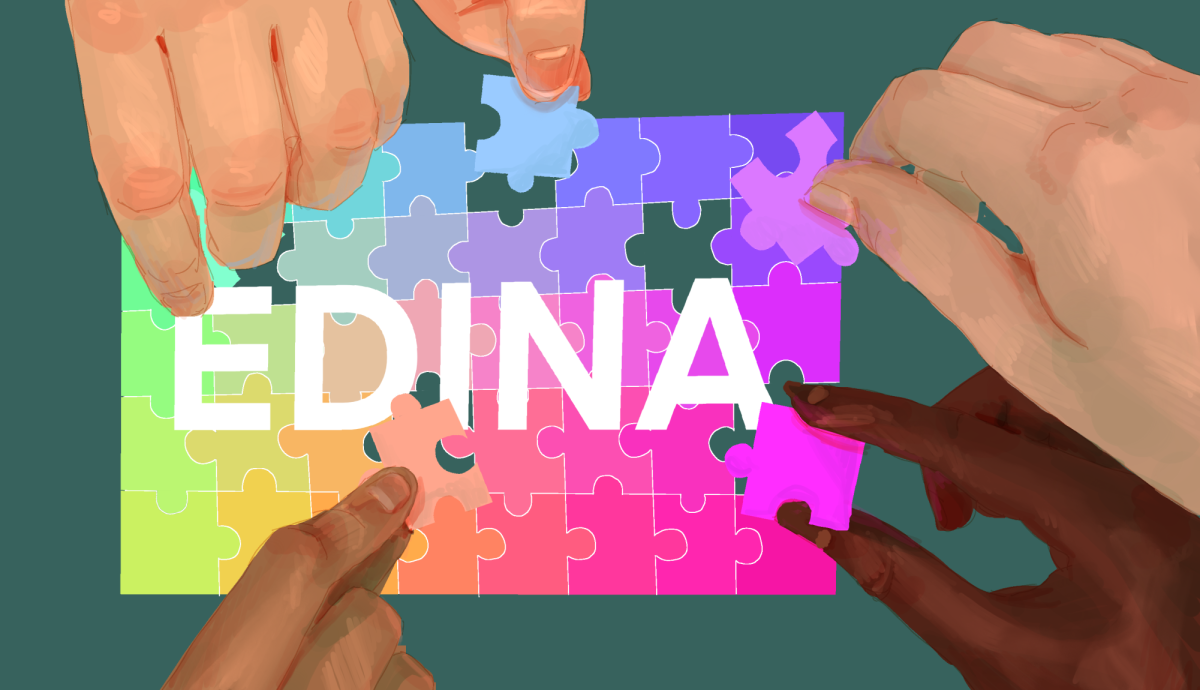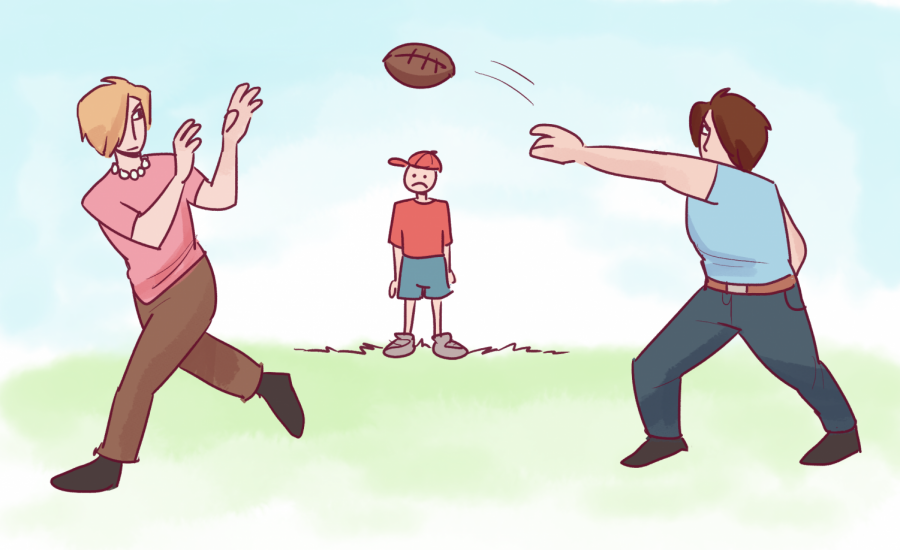SparkNotes. For students, it is a haven. The best website in the world when you just don’t want to read yet another book for that AP lit class you now realize you shouldn’t have signed up for in the first place. For teachers, it can be the enemy. You know your students are going to go home, leave their books in their backpacks, and head over to SparkNotes for some summary, some character description, and even a healthy dose of prepackaged analysis (sometimes not too different from what students come up with in class discussions, truth be told). There’s no way to stop it, so what do you do? Do you tell students to never access SparkNotes and try to catch the ones who do? Or do you realize that some people always aren’t going to read, but that SparkNotes can still be a good source (at least better than the oft-vilified Wikipedia) for lit students trying to comprehend the verbose prose of a long-dead author who may well have been paid by the word?
Can SparkNotes completely replace the experience of reading a quality book? No. Can it serve as a way for students to better understand the books they’re reading for class? Absolutely.
English teacher Jessica Froehlich agrees that SparkNotes can be valuable, saying “some people use them properly. They read the assigned reading, whatever the assigned reading is, and then they read SparkNotes to clarify or to see if they missed anything.” She did remark, however, that, “as with all tools, it gets misused” and that “there’s a certain percentage of students that only read SparkNotes.” For Froehlich, SparkNotes can be “a great thing” in class, provided it’s used properly.
SparkNotes is often the best resource students have when it comes to an English or literature class. The key, though, is using it responsibly. When you need to clarify something in the text at, say, 2 a.m., it’s your best friend. If you’re solely relying on it and never reading the book, you’re doing it wrong. Oh, and if you’re bored while reading, there’s always the SparkNotes blogs. Be warned, however: They might end up being more addicting than even YouTube or Facebook.




